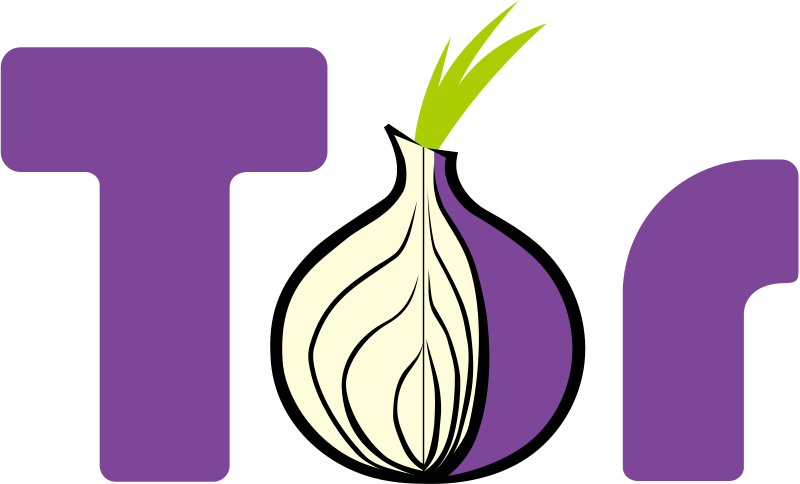The dark web, often misunderstood as a hub for illegal activities, has increasingly become a source of innovative solutions aimed at enhancing privacy and security in a digital age where personal data is a valuable commodity. While it is true that the dark web can host illicit transactions and content, there is also a thriving ecosystem of privacy-focused tools and technologies being developed and refined within its anonymous spaces. These innovations are playing a crucial role in protecting users’ privacy in an online world that is often plagued by surveillance, data harvesting, and breaches of confidentiality. One of the most notable advancements is the widespread use of encryption technologies. End-to-end encryption, which ensures that only the sender and the recipient can access the content of communications, is one of the cornerstones of privacy protection on the dark web. This technology has been applied to a variety of platforms, from secure messaging services to encrypted email providers, making it much more difficult for unauthorized third parties, including hackers or government agencies, to intercept private conversations.

The dark web is home to several popular encrypted communication platforms like Signal and ProtonMail, which have since gained recognition outside the dark web for their security features. Additionally, privacy-centric cryptocurrencies, such as Monero and Zcash, have emerged as key innovations on the dark web in tordex.cc. These cryptocurrencies prioritize anonymity by obscuring transaction details, making it extremely difficult to trace the flow of funds. While Bitcoin and other popular cryptocurrencies offer pseudonymity, meaning users can be traced through their transaction history if linked to a specific identity, privacy coins like Monero offer true fungibility. Monero’s use of ring signatures and stealth addresses ensures that both the sender and recipient remain anonymous, providing an unparalleled level of financial privacy. As a result, these privacy coins are gaining traction not only on the dark web but also in mainstream financial circles, where privacy-conscious individuals are looking for secure alternatives to traditional financial systems.
Another innovative development is the Tor network, which underpins much of the dark web’s anonymity. The Tor network routes internet traffic through multiple layers of encryption, obfuscating the user’s IP address and location. This decentralized system is designed to protect users from surveillance, censorship, and tracking by governments, corporations, or malicious actors. Tor has gained increasing popularity among privacy advocates, journalists, and activists who require anonymity to communicate freely without fear of retribution. Its role in securing digital privacy cannot be overstated, and it continues to evolve as a key tool in the fight for online freedom. In addition to these technologies, the dark web has become a platform for advocating privacy rights, where developers, cybersecurity experts, and privacy advocates collaborate to improve the safety and anonymity of internet users. Forums and online communities are dedicated to sharing knowledge about best practices for safeguarding personal information, avoiding online tracking, and circumventing censorship. As digital privacy concerns continue to grow globally, the dark web remains an essential incubator for solutions that prioritize the protection of individuals’ rights to control their own personal data.